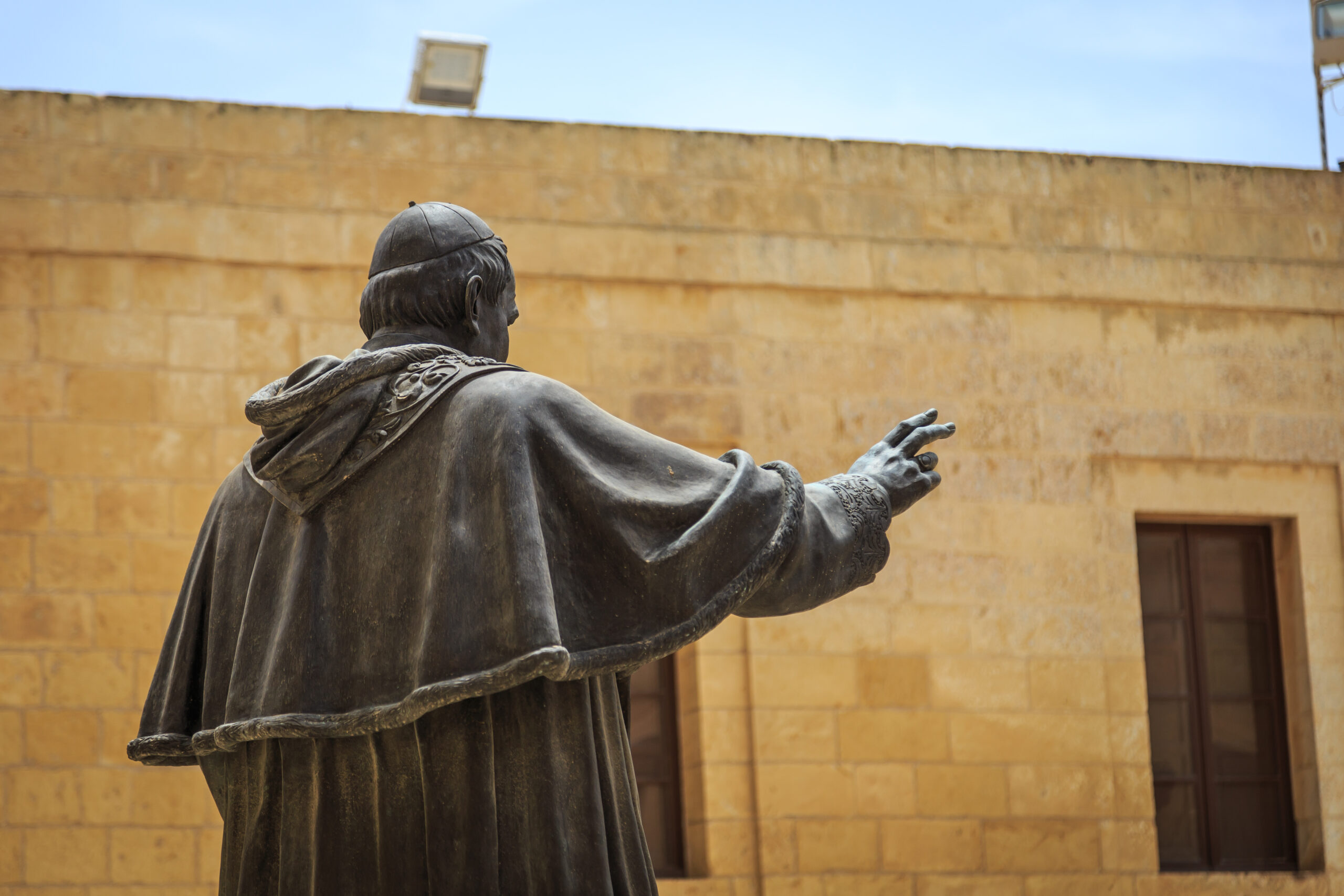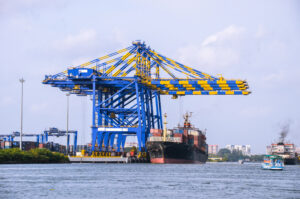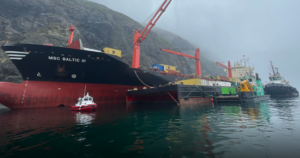Pope Francis on Sunday called on Russia to revive the Black Sea grain deal, through which Moscow had allowed Ukraine to export grain from its seaports despite the war.
“I appeal to the authorities of the Russian Federation that the Black Sea Initiative may be restored and grain may be transported safely,” Francis said during his message.
The leader of the world’s Catholics said “let’s pray together for beleaguered Ukraine, where the war is destroying everything, even grain, while the cry of millions of hungry brothers and sisters rises to Heaven.”
In a message on a social media platform Twitter, Ukraine’s president Volodymyr Zelenskyy welcomed Francis’ words.
“An important call by Pontifex to Moscow to restore the Black Sea Grain Initiative. The reaction of the world’s religious leaders to the Russian missile terror and destruction of Ukrainian agricultural products is extremely important to protect the whole world, and especially the peoples of Africa and Asia, who suffer the most from the threat of hunger, from a food crisis.”
Ukraine’s president Volodymyr Zelenskyy added that Ukraine is and will be the guarantor of the world’s food security. “The key thing now is to stop Russian terror and fully implement the peace formula,” he wrote.
Last week, Russian President Vladimir Putin promised to send grain to Africa free of charge, but at a press briefing in New York, Carl Skau, Deputy Executive Director of the World Food Programme, said that WFP “has not been in talks with Russia about any free grain.”
Russia has not offered any free grain to the UN food relief agency so far, and its policy of buying supplies from Ukraine has been based on its competitive price and quality, a senior WFP official said on Friday.
Putin made the pledge at the Russia-Africa summit in St. Petersburg, as Shipping Telegraph reported, that in the next three to four months Russia will be ready to provide, free of charge, a supply of 25,000-50,000 tonnes of grain each to Burkina Faso, Zimbabwe, Mali, Somalia, the Central African Republic and Eritrea, delivered “at no cost.”
Carl Skau claims that “they have not been approached for any such discussion so far,” noting that the UN agency buys grain where it is the cheapest and fastest to get to its beneficiaries.
Under the initiative, WFP shipped more than 725,000 tons of grain, relieving hunger in some of the hardest hit corners of the world, including Afghanistan, the Horn of Africa and Yemen.



